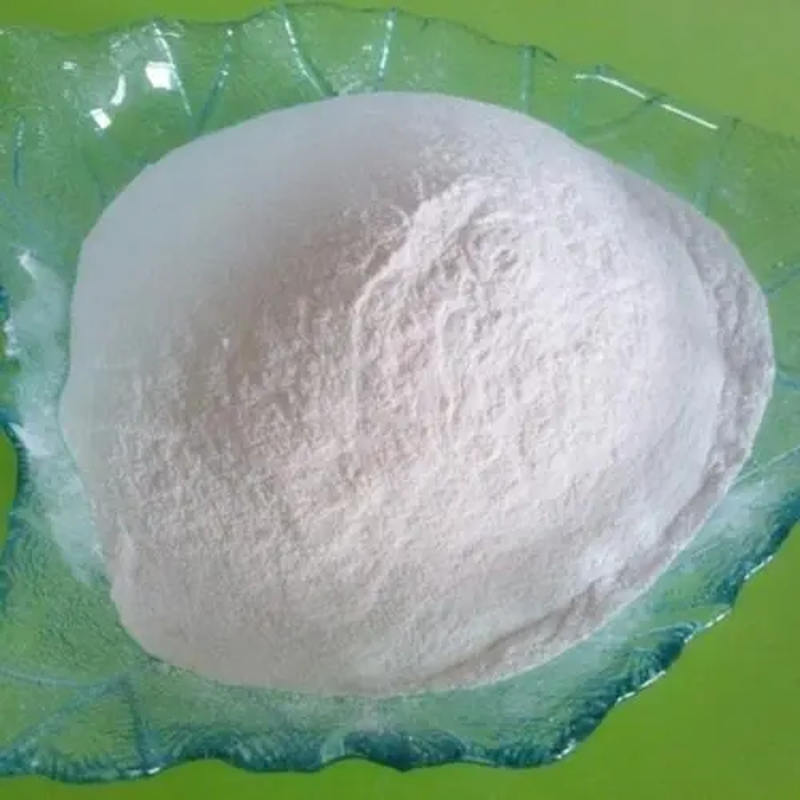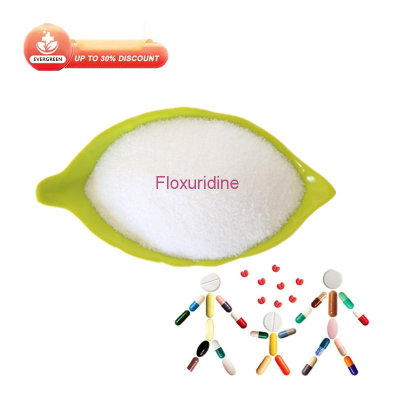-
Categories
-
Pharmaceutical Intermediates
-
Active Pharmaceutical Ingredients
-
Food Additives
- Industrial Coatings
- Agrochemicals
- Dyes and Pigments
- Surfactant
- Flavors and Fragrances
- Chemical Reagents
- Catalyst and Auxiliary
- Natural Products
- Inorganic Chemistry
-
Organic Chemistry
-
Biochemical Engineering
- Analytical Chemistry
- Cosmetic Ingredient
-
Pharmaceutical Intermediates
Promotion
ECHEMI Mall
Wholesale
Weekly Price
Exhibition
News
-
Trade Service
The epidermal growth factor receptor (EGFR) and the mutants EGFRvIII of high-level glioma (HGG) have been shown to be drivers ofdevelopment of partial gliomas57% HGG can detect mutations, recombinations, splicing mutations and amplification, so EGFR should be an important target for glioma treatmentHowever, existing studies have shown that monoclonal antibodies developed using EGFR have not improved patient survivalSameer in the Oncology Department, Monash University Hospital, AustraliaAGreenall et albelievethat that previous cytological studies using exogenous EGFRvIII may have led to erroneous results, so the current EGFR monoantigen was re-screened through tumor cell lines derived from the patient's expression endogenous EGFRvIII, the results were published online in Neuro-Oncology in April 2019the method seifromthe researchers used in vitro cell killing tests and intracranial tumor transplant animal models to evaluate the anti-tumor efficacy of monoclonal antibodiesThe receptor activation state, antibody binding degree and downstream signal molecule activation were analyzed by immunocoprecipitation and immunoprinting, and the antibody-receptor complex was tracked by in situ immunofluorescentfindingsfindings found that targetEGFRvIII antibodies cetuximab, necitrumab, nimotuzumab and matuzumab did not neutralise eGFRvIII activityThe chimeric mAb806 (ch806) can target EGFRvIII, but does not inhibit the activation of wild EGFR (wtEGFR)Panitumumab (Pani mono-resistance) is the only antibody that neutralises EGFRvIII and wtEGFR simultaneously, weakening downstream p-S6 signals and having good anti-tumor activity in vitro and in the bodyIn-depth study of its mode of action found that Panitumab can induce the recirculation of the receptor, through its affinity, to stabilize cross-linking EGFRvIII, thereby preventing its activationconclusions
the study proposes a new drug-resistant mechanism for glioma targeted therapy, i.e the majority of targete-to-EGFRvIII monoantigens do not moderate EGFRvIII The results of panitumumab in vitro and in vivo anti-tumor activity experiments present new prospects for targeted treatment of high-level gliomas.







